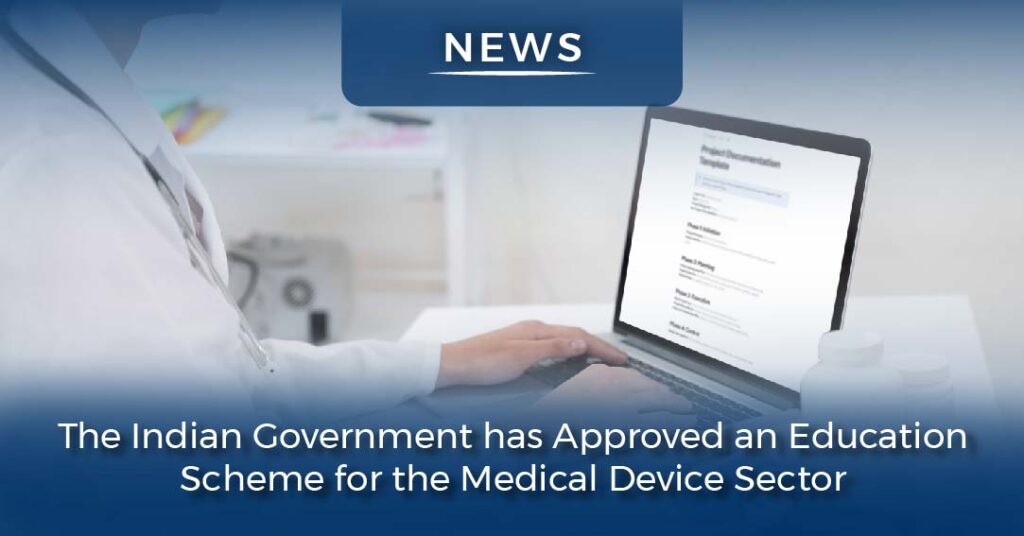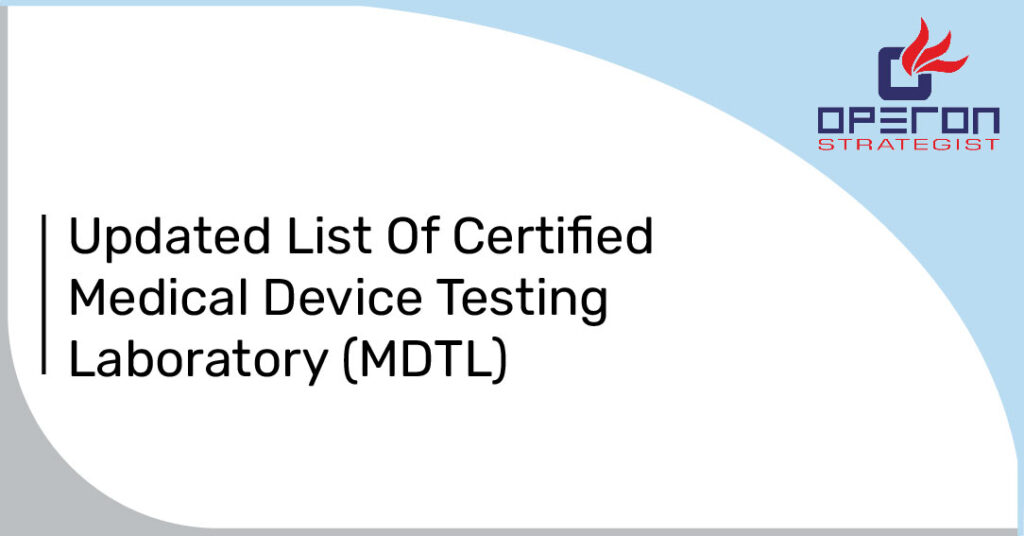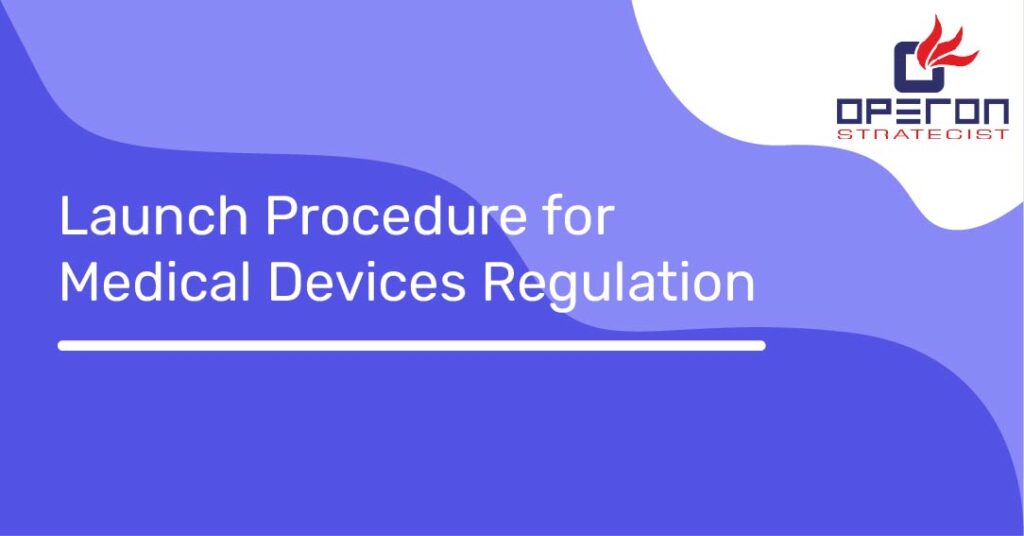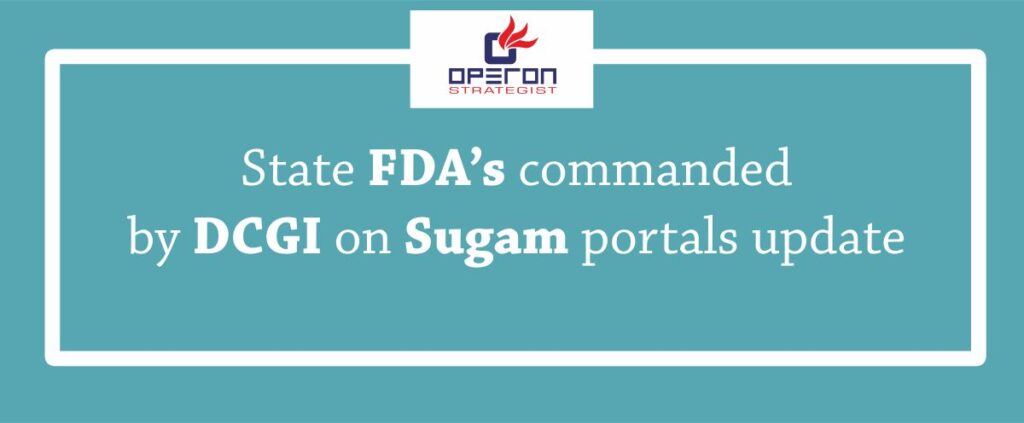Education Scheme for the Medical Device Sector
The government has given the green light to a ₹480 crore initiative aimed at nurturing a skilled workforce to propel the growth of the medical devices industry. This three-year scheme is set to offer financial support to government institutions, enabling them to offer a range of courses related to medical devices while elevating their standards to global levels.
This move comes on the heels of the recent announcement of the National Medical Device Policy for 2023, which aims to bolster the medical devices sector, aiming for a substantial increase from the current $11 billion to a staggering $50 billion by the year 2030.
Read here about India to Become Self-Sufficient in Medical Devices.
Looking for Medical Device Regulatory Consultation?
Let’s have a word about your next project
Recognizing the crucial need for a steady supply of skilled professionals in the medical device sector, an official from the Department of pharmaceuticals highlighted the importance of skilling, reskilling, and upskilling within the medical industry. The plan involves tapping into the available resources within the Ministry of Skill Development and Entrepreneurship.
Furthermore, the newly introduced scheme will facilitate the establishment of dedicated multidisciplinary courses on medical devices within existing institutions. This initiative is geared toward ensuring a constant availability of proficient manpower capable of working on cutting-edge medical technologies, advanced manufacturing processes, and innovative research.
In an effort to bolster India’s position in the global market, the scheme also seeks to foster collaborations with foreign academic institutions and industry organizations to develop cutting-edge medical technologies. This collaborative approach is envisioned to enhance India’s competitiveness on the world stage.
It’s worth noting that India heavily relies on imported medical devices, with approximately 80% of its requirements being sourced internationally. The COVID-19 pandemic underscored the significance of domestic medical device production when global supply chains faced disruptions. In response, India swiftly adapted, producing critical medical supplies such as masks, PPE kits, gloves, sanitizers, thermometers, oximeters, and various oxygen therapy equipment, including ventilators, which had previously been imported.
Rajiv Nath, Forum Coordinator for the Association of Indian Medical Device Industry (AIMED), expressed optimism about the new policy and its financial backing. He highlighted its focus on human resources development, emphasizing the importance of tailored courses that cover diverse technologies utilized in medical devices, including electronics, metallurgy, electrical engineering, polymer science, rubber technology, chemical engineering, biomedical engineering, and nanotechnology. Regulatory and quality management systems will also be integrated into these courses, further enhancing the competence of India’s workforce in the medical devices sector.
What We Offer as a Medical Device Regulatory Consultant?
Operon Strategist stands ready to support the government’s initiative in nurturing a skilled workforce for the expanding medical devices industry. Our expertise in regulatory consultation will help you navigate this evolving landscape and harness the opportunities presented by the National Medical Device Policy, 2023. Together, we can ensure compliance, drive innovation, and position India as a global leader in medical device manufacturing. Your success is our commitment, and we are here to empower your journey. Contact us now for further information.




